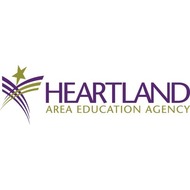Of Mice and Men 4C's Discussion Day Activities
(View Complete Item Description)Activity Description: This activity is actually three different discussion-based activities to be used in a station rotation discussion day format. It does require some prework with the double journal note-taking graphic organizer included in the resources. This station rotation discussion format could be used with each chapter, a grouping of chapters, or at the end of the book. If you are encompassing the entire book, this activity will most likely take several days.Time needed for activity: 30-45 (10ish minutes per station)Resources needed for activity: student notes using the double journal note-taking graphic organizer (linked here and as a PDF in the resources) paper for timelines or internet access to https://time.graphics/ or another online timeline maker, internet access to an online discussion tool like https://pinup.com/ or a discussion forum on your LMS.Assessment strategies: See the attached rubrics for possible assessment methods.
Material Type: Lesson Plan



















